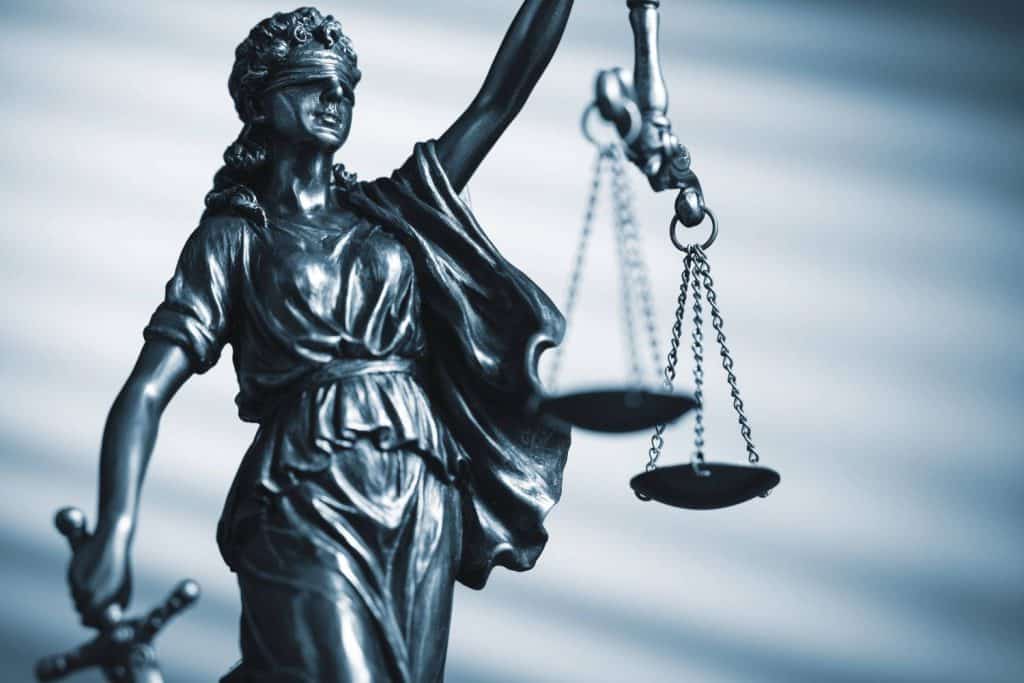FAQ’s
Family Trust Registration in Kenya

What is a trust?
A trust is a legal relationship by which a party called a settlor transfers assets to a person called a trustee in order for the assets to be held and used for the benefit of persons called beneficiaries. The settlor can also be the trustee and the beneficiary.
A trust can be for all manner of purposes: for instance, a family trust where assets are held for the benefit of family members and relatives or a charitable trust whose purpose is for the promotion of welfare of a group of individuals for a nonprofit cause.
What is an incorporated trust?
An incorporated trust is a trust registered by the Registrar of Companies pursuant to the Trustees (Perpetual Succession) Act.
An incorporated trust is a separate legal entity comprising the trustees and it has capacity to hold property in its own name, open a bank account in its own name and sue and be sued in its own name. Usually once you set up a simple trust registered with the registrar of documents, the next step to make it incorporated is to register it with the registrar of companies.
What is a family trust?
A family trust is a trust holding property for the benefit of family members and or closely related persons e.g. spouses, partners etc.
What are the advantages of family trusts?
The main advantages of family trusts are as follows:
- Smoothness and continuity in administration of family assets in the event of death of a family member; as the family assets are held in an incorporated entity called the family trust, they are not subjected to inheritance procedures and are protected from third party claims of relatives and other survivors of the deceased. Only beneficiaries named in the trust deed will be entitled to use those assets in the event of the death of the settlor.
- Asset protection of family assets: as the incorporated trust holds assets in its own name and is a legal person, third parties e.g. creditors, judgement creditors cannot access your assets that have been transferred to the family trust in the event you as the individual owes debts. The assets once moved to the trust belong to the trust for the benefit of the beneficiaries including you, they are no longer your individual assets.
Who controls a family trust?
A family trust is controlled by the trustees. Once the person transferring his assets into the trust completes the transfer he cedes control of the assets to the trustees and the trustees are on charge of how the trust is run and how the trust is administered for the benefit of the beneficiaries. Note that the settlor who transfers his assets to the trust can retain some control by appointing himself as trustee at inception of the trust.
Who controls the property in a family trust?
The trustees control the property including its use, investment, sale and purchase; the settlor may only continue controlling those assets in his capacity as trustee and no longer as the previous owner as the assets after transfer are held in the name of the incorporated trust.
Is there a principle of equality between beneficiaries in a trust?
Not necessarily; unless otherwise stipulated the trust is discretionary and it is entirely up to the trustees to determine how income and assets are distributed between beneficiaries. This discretion is beneficial as the trustee at all times is able to weigh the needs of beneficiaries prior to distribution.
In whose name is the property of the trust held?
Trust property is held in the name of the incorporated family trust which is a legal entity by itself.
What is the process to incorporate a trust?
A trust deed is signed by the settlors and trustees, assessed for stamp duty which once paid the trustee/settlor has the trust deed registered and then files the incorporation of trust application at the Companies registry. For more in-depth look at the process see here.
How to ensure good governance of a trust?
It is advisable to have less than more trustees for a trust of moderate value in order to avoid frequent disputes between trustees that can lead to deadlocks in the trust. It is also prudent to appoint a trustee who is diplomatic, agreeable, and well nuanced in social and cultural issues especially in the context of a family trust in Kenya. The trustee should be an efficient administrator who can keep good records and act for the benefit of all beneficiaries.
Who is an enforcer in a trust and is their role mandatory?
An enforcer is not a mandatory addition to your trust. The enforcer’s role is to ensure the trust is being run as per the terms of the trust deed and they also have power to direct remedial action by the trustees for the benefit of beneficiaries and the trust as a whole. The enforcer is a person who is not the trustee as they hold the trustees accountable.
Does a settlor control assets that have been settled on the trust?
Once the settlor transfers the assets to the incorporated family trust, they cease to control the assets unless they appoint themselves as a trustee and even then they control the assets for the benefit of beneficiaries and not in their capacity as settlor.
The provision of general information herein does not constitute an advocate-client relationship with any reader. All information, content, and material in this article are for general informational purposes only. Readers of this article should get in touch with us/a qualified advocate to obtain legal advice with respect to any particular legal matter.
Post Author

JOAN MUKOYA
Managing Partner
RELATED ARTICLES


